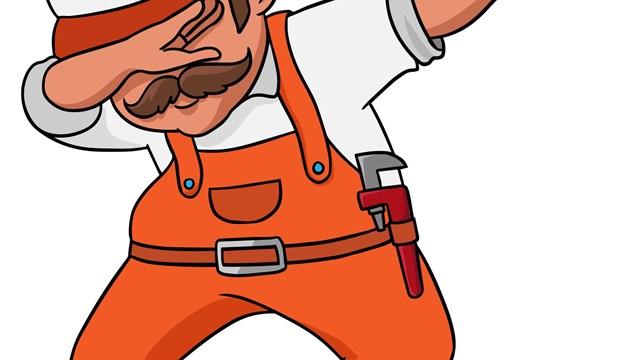
Q. Our super was hired six months ago. He’s a hard worker and all the tenants like him. But the president of the board fired him three days before his six-month probation period was up. The tenants requested a special meeting to find out why the super was fired. We believe the president has personal issues with the super. We are being ignored by both the board and the management. What can we do?
—Save Our Super
A. “For the purpose of answering the reader’s question, it will be assumed that this question was posed by a shareholder in a cooperative and that the ‘tenants’ referred to in the question are shareholders,” says attorney Stanley Kaufman of the New York City firm of Kaufman Friedman Plotnicki & Grun, LLP. “The president of the co-op is stated to have fired the super. The president of the board does not have unilateral power to fire staff, even if the president has personal issues with the staff member. It is unlikely that this was a unilateral act by the president, but rather, that the firing was the result of a decision of a duly elected board of directors who have the power to operate the business of the corporation and to make decisions involving the hiring and firing of building employees. There may be reasons that the board will not disclose its reasons for the firing, including privacy rights, a non-disclosure agreement or other agreement, or advice to the board from the co-op’s counsel not to discuss specific personnel matters.
“However, tenant-shareholders are not powerless. In the first instance, shareholders can send a letter to the board and management requesting confirmation that the decision to fire the superintendent was made by a vote of the board (as opposed to solely by the board president). Also, shareholders have the right to inspect certain records of the corporation. A request to review minutes of board meetings can also be made.
“The reader states that the ‘tenants requested a special meeting,’ but it is unclear if the request was made in accordance with the co-op’s bylaws. Typical co-op bylaws provide that a special shareholders meeting must be held if 25% of the shareholders of the corporation petition for such a meeting. Co-op shareholders also have the statutory right, by majority vote, to remove directors from office for cause and, if the bylaws provide, without cause. If a shareholder makes a demand for corporate records, or if a sufficient number of shareholders petition for a special meeting, and the board does not comply with the demand or does not cooperate in scheduling the special meeting, a shareholder can go to court to compel the board to allow the inspection or schedule the meeting, as the case may be. Litigation, of course, is unpredictable and expensive. In a case such as this, where a number of tenant-shareholders believe that the co-op’s president’s firing of the superintendent was motivated by improper personal reasons and the shareholders’ demand for information is met with stonewalling on the part of the board, the tenant-shareholders may want to consider embarking upon a campaign to vote this president and his fellow recalcitrant directors off of the board when their terms expire.”









Leave a Comment